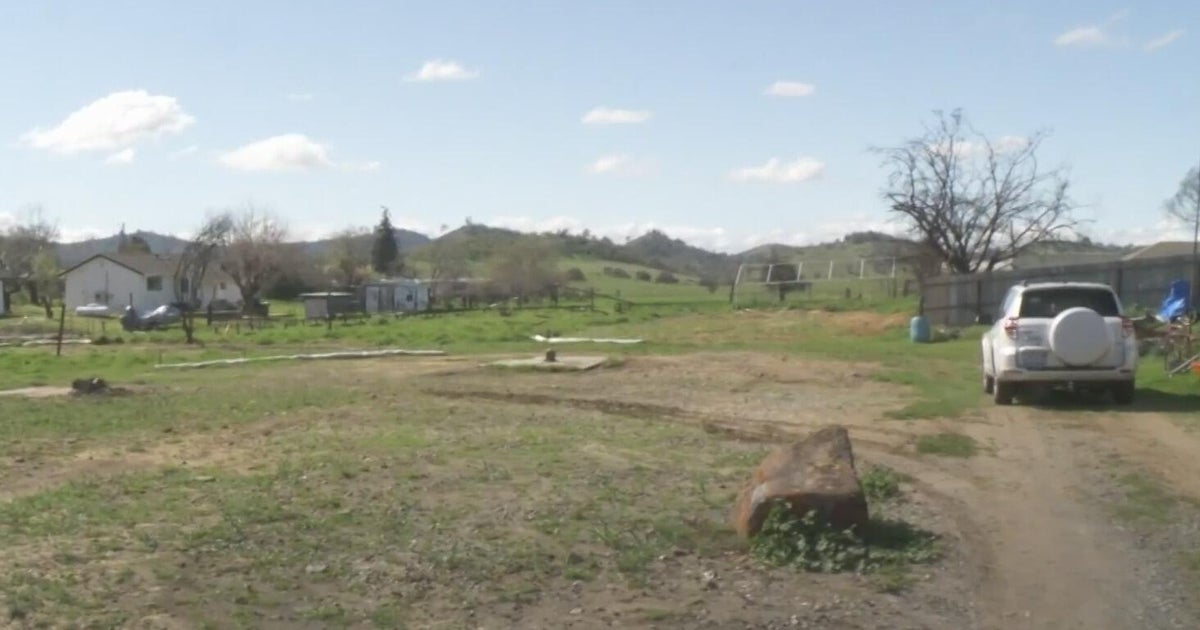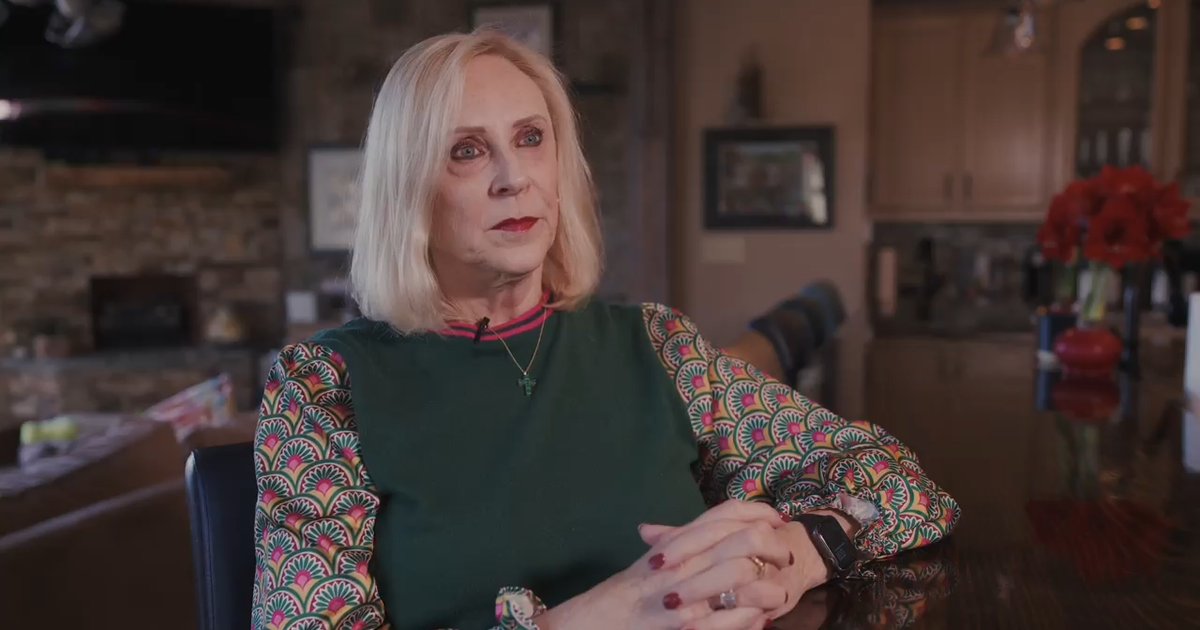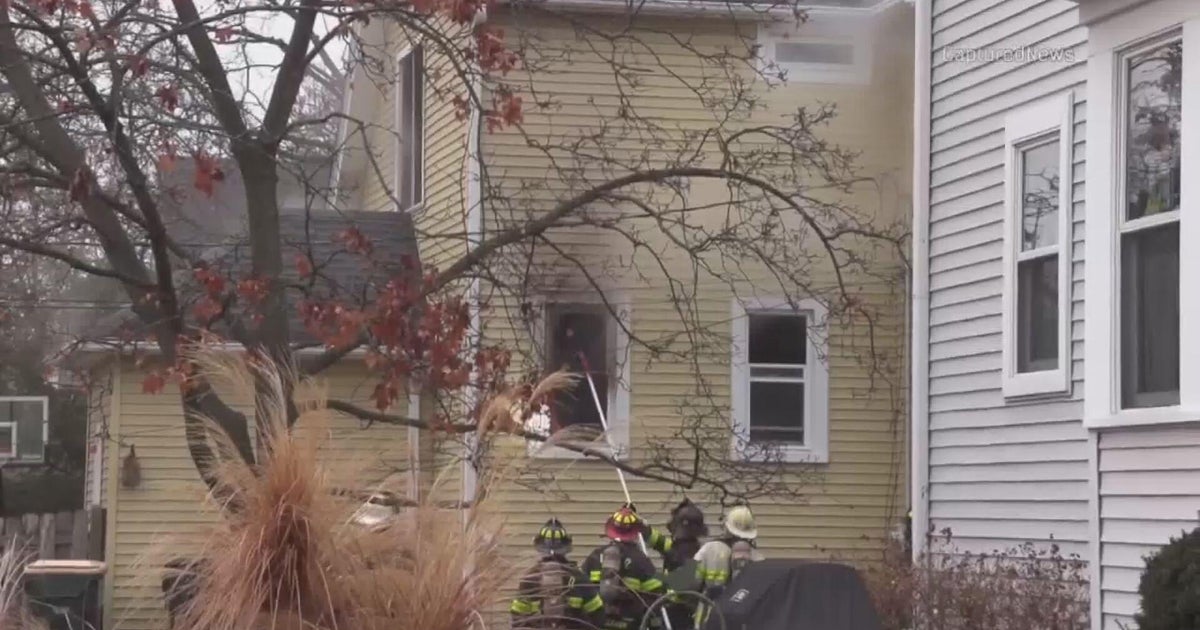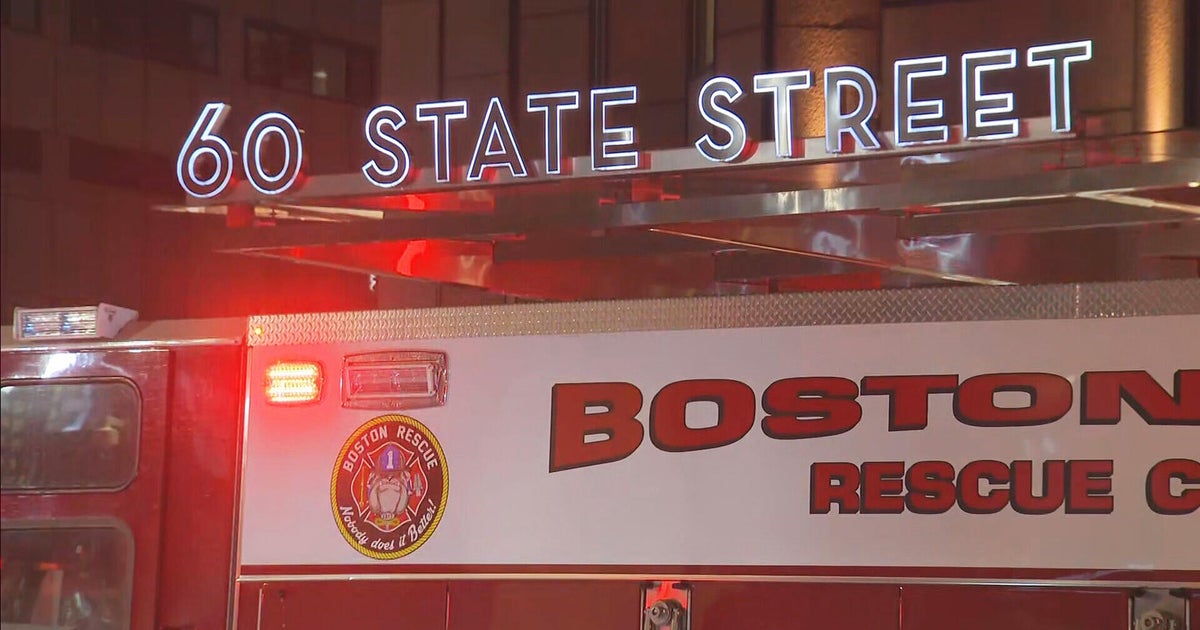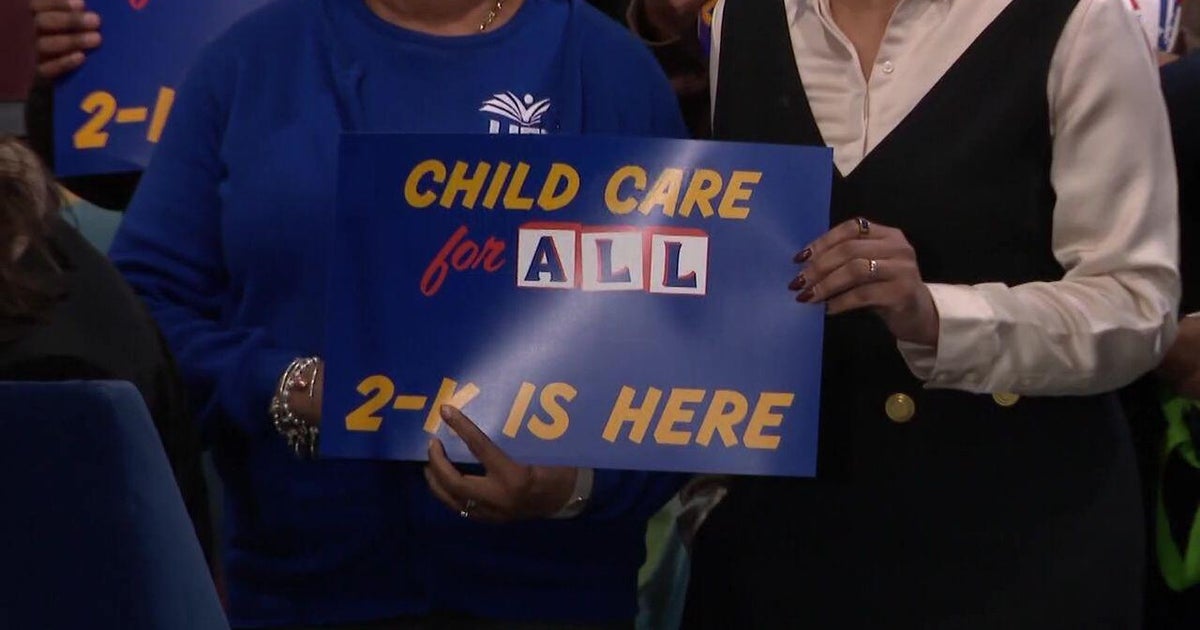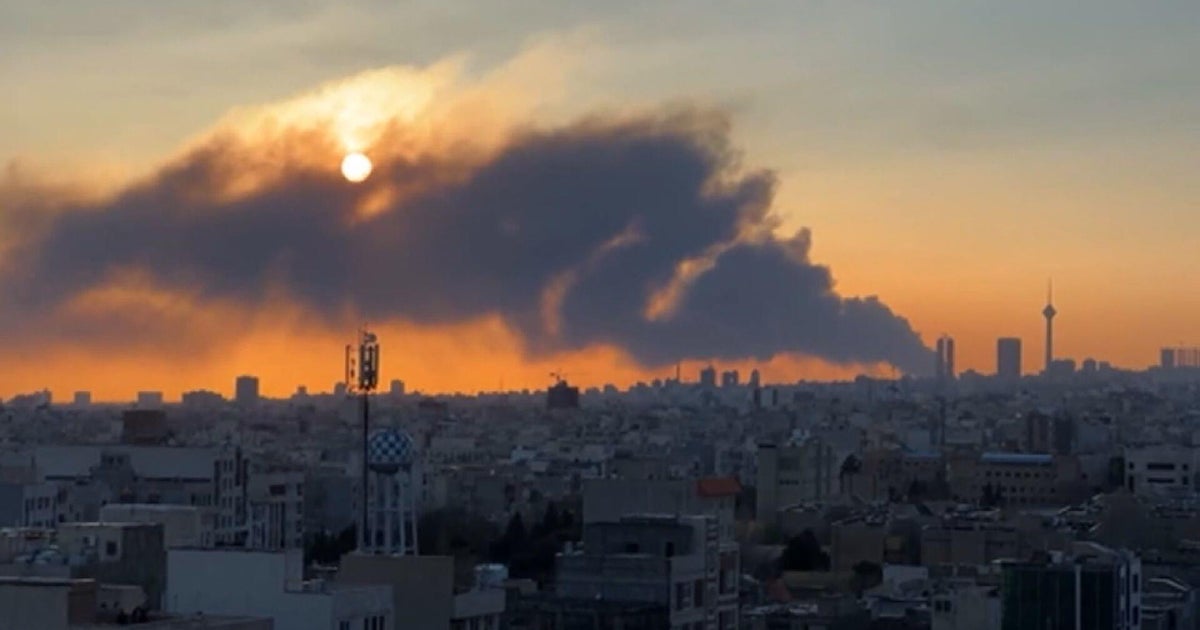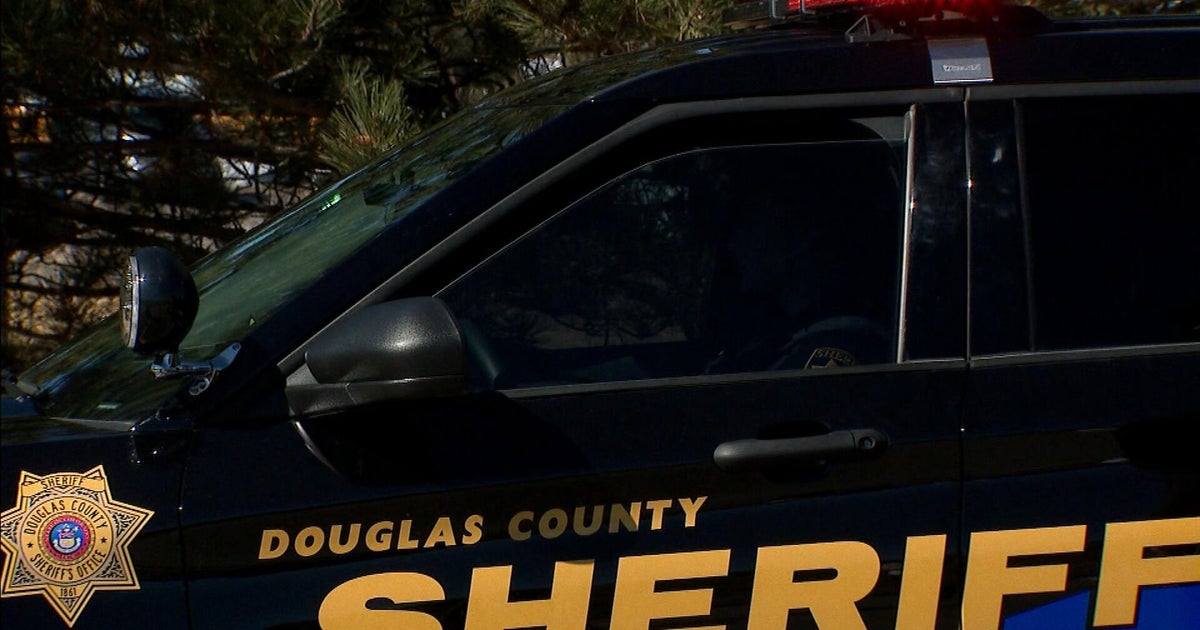California wildland firefighters, communities need better fire protection. Here's what experts suggest.
SACRAMENTO — Some groundbreaking fire protection ideas are being unveiled in Sacramento this week at a wildland firefighting conference. Experts from across the country are talking about ways to help keep communities safe.
Matt Rahn, with the nonprofit Wildfire Conservancy, said building codes need to be changed to make homes and neighborhoods less likely to burn.
"The standards that we have are not keeping up with the risk and intensity and frequency of fires," Rahn said.
He added that the danger continues to increase as more people move to rural parts of the state and building should cease in "high-risk areas."
That's just one of the ideas being discussed at the firefighting conference, with experts presenting the latest in wildfire research.
"There are things that we should be doing and could be doing to really help advance the protections of our communities," Rahn said.
Offering financial incentives or tax rebates is another idea that could encourage people to make their properties more fire-resistant.
"It's expensive and a lot of homeowners can afford that," Rahn said.
Protecting the crews that respond to fires is another hot topic.
"There's about a 9-14% elevated rate of cancer in firefighters," said Dr. Jeff Burgess, a firefighter cancer researcher.
Fire crews wear an air tank and full breathing protection on structure fires, but that equipment is not used on wildfires.
"Currently, our wildland firefighters don't really have any options of respiratory protection to wear," Dr. Burgess said. "There's nothing approved for that use."
That's why Cal-OSHA, or the California Division of Occupational Safety and Health, is looking at requiring them to wear these new battery-operated respirators and face masks while working on wildfires.
The devices can filter out toxic smoke and reduce cancer risk. California would be the first in the world to adopt this type of protection mandate.
"They're putting their lives on the line for us, so we need to figure out ways to help them keep themselves safe," Dr. Burgess said.
Experts are also talking about the impact that working long hours have on firefighters. Cal Fire crews currently work a 72-hour work week, but some people say that should be reduced to 66 hours to reduce fatigue.
